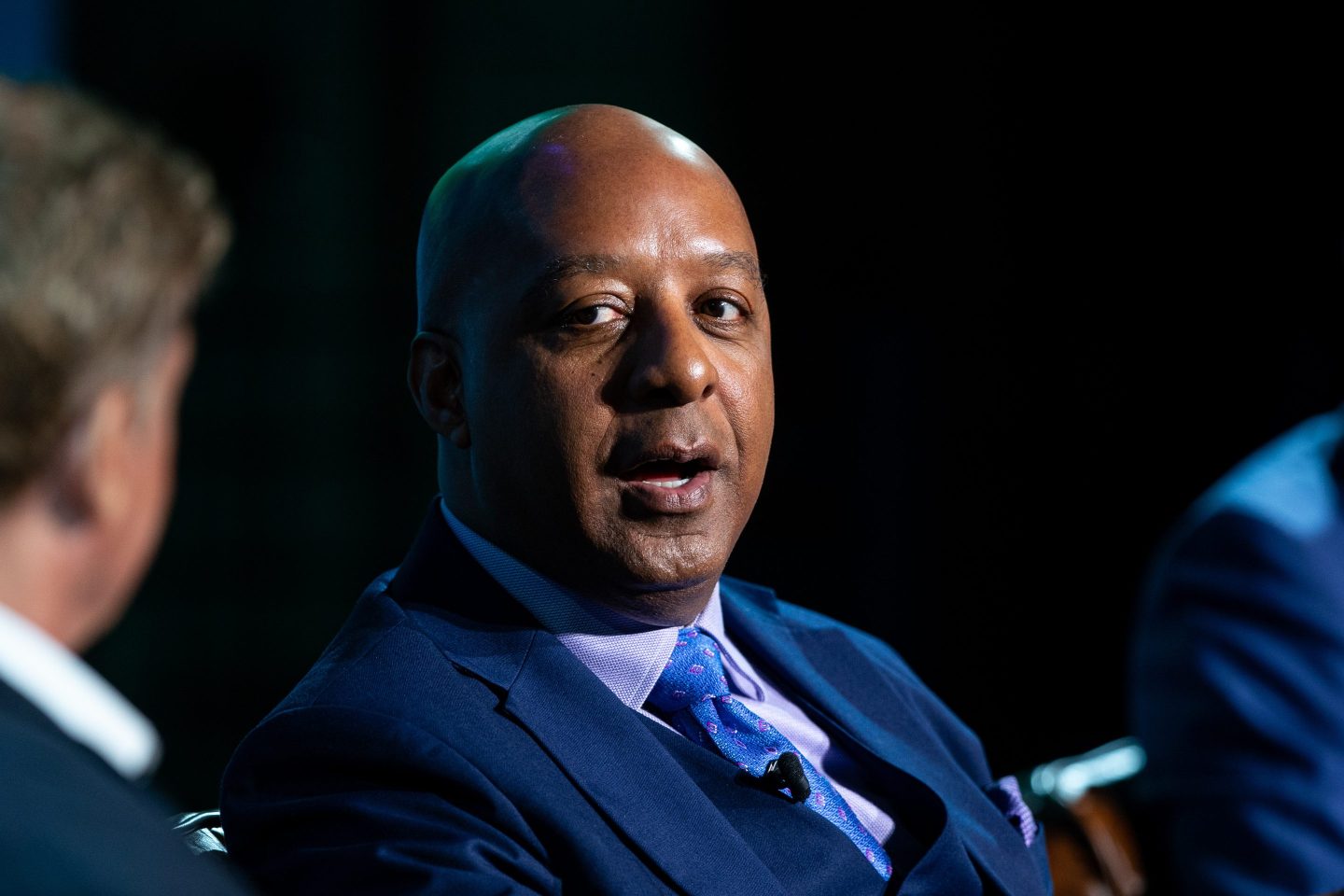Since ChatGPT’s explosive debut in November 2022, fears of robots replacing humans have been rampant. But the average worker remains optimistic and actually sees AI as something that will eventually bolster their bank account.
PwC’s 2024 Global Workforce Hopes & Fears Survey, which polled over 56,000 workers, reveals that many employees expect AI to enhance their jobs rather than eliminate them.
Half of the workers surveyed believe AI will boost their salaries (49%) and job security (50%) in the next year. Additionally, almost two-thirds anticipate increased efficiency in their work because of AI.
Interestingly, despite AI’s potential to perform tasks more cheaply, only about 10% of workers fear their wages will decrease.
These findings come in stark contrast to widespread industry warnings from the likes of Avital Balwit, chief of staff at Anthropic, who predicted that she may have only three years left to work because her job, along with most others, is destined for obsolescence thanks to AI.
Meanwhile, the Institute for Public Policy Research recently warned that an AI “apocalypse” could wipe out 8 million jobs in the U.K. alone, with women and Gen Z most at risk.
Then there was Indeed’s CEO, Chris Hyams, who said he sees “cyborg” recruiters as the future.
The more workers use AI, the less they fear it
Remember the fears when computers first hit the scene in the 1980s? People were even afraid to touch them. Today, such concerns seem irrational as many professions have undergone a digital transformation.
Similarly, PwC’s surveys show that the more workers are exposed to AI, the less they fear it.
In fact, those using AI daily are more optimistic about their careers. Around 80% expect their salary, job security, and efficiency to increase in the next 12 months thanks to AI.
Other studies confirm this: Educating workers about AI turns anxiety into excitement. Indeed, the recruitment platform, gave its 12,000 employees a budget to experiment with AI and found it reduced their worries.
“They came back saying, ‘Actually, this was much better at this task than I thought,’ or that it was simplifying content too much, which could be a risk,” said Hannah Calhoon, Indeed’s head of AI innovation.
This exercise showed workers how automation can make their work more efficient while highlighting the important human components that remain.
Will AI make or take jobs?
The jury is still out on just how significantly AI will impact the labor market in the long term. But right now, while some job functions are at threat of being automated, we also are witnessing an explosion of new roles entering the market.
The CAIO role (or chief artificial intelligence officer) is fast becoming a new fixture in the C-suite—and compensation packages average well above $1 million.
In December, the New York Times appointed an editorial director for AI initiatives. Meanwhile, Equifax, Ashley Furniture, and legal firms like Eversheds Sutherland have all welcomed AI executives to their ranks in the last year.
Meanwhile, on LinkedIn, head of AI roles have tripled over the past five years, and it’s not just in the C-suite where businesses are expanding their AI hires.
General job posts mentioning artificial intelligence have more than doubled in the last two years.
For example, prompt engineers—those who write questions for AI chatbots to test and improve their answers—are being hired in droves. Moreover, such roles can pay up to $375,000 and don’t always require tech degrees.
As well as promoting Lan Guan to chief AI officer last year, Accenture announced a $3 billion AI investment with aims to double its AI talent to 80,000 people and offer AI training to 250,000 workers.
Ultimately, IBM CEO Arvind Krishna predicted at the Fortune CEO Initiative conference that the technology will create far more jobs than it eliminates.
It’s precisely why Reddit’s former chief, Yishan Wong, advised workers concerned about being replaced by AI to future-proof their roles by sidestepping into the industry—because it doesn’t require “an enormous amount of technical skill.”
“Nontechnical people can build pretty valuable and novel applications in AI,” he told Fortune. “There’s this enormous amount of leverage that an individual can have.”













